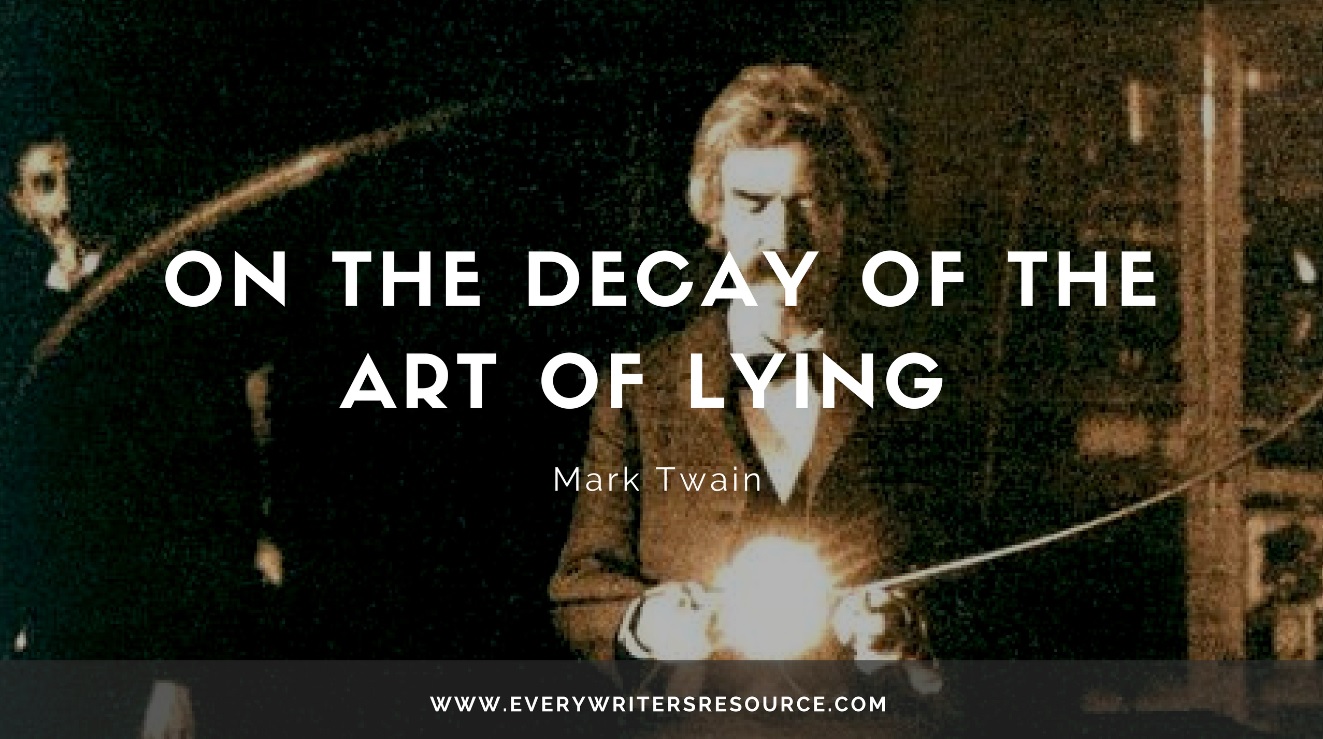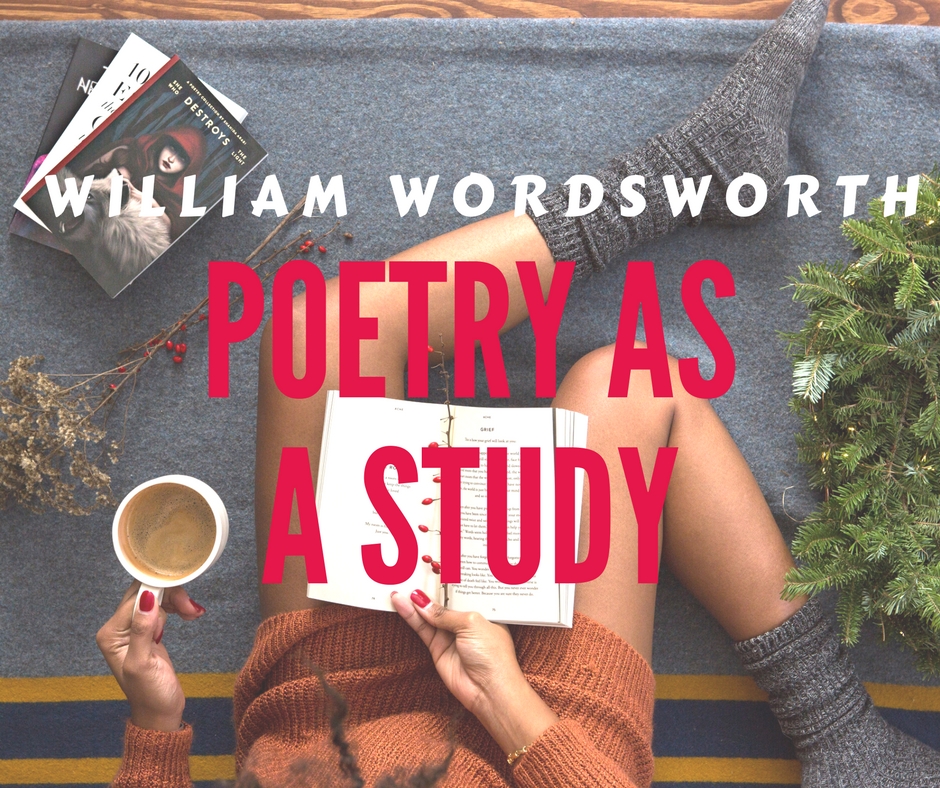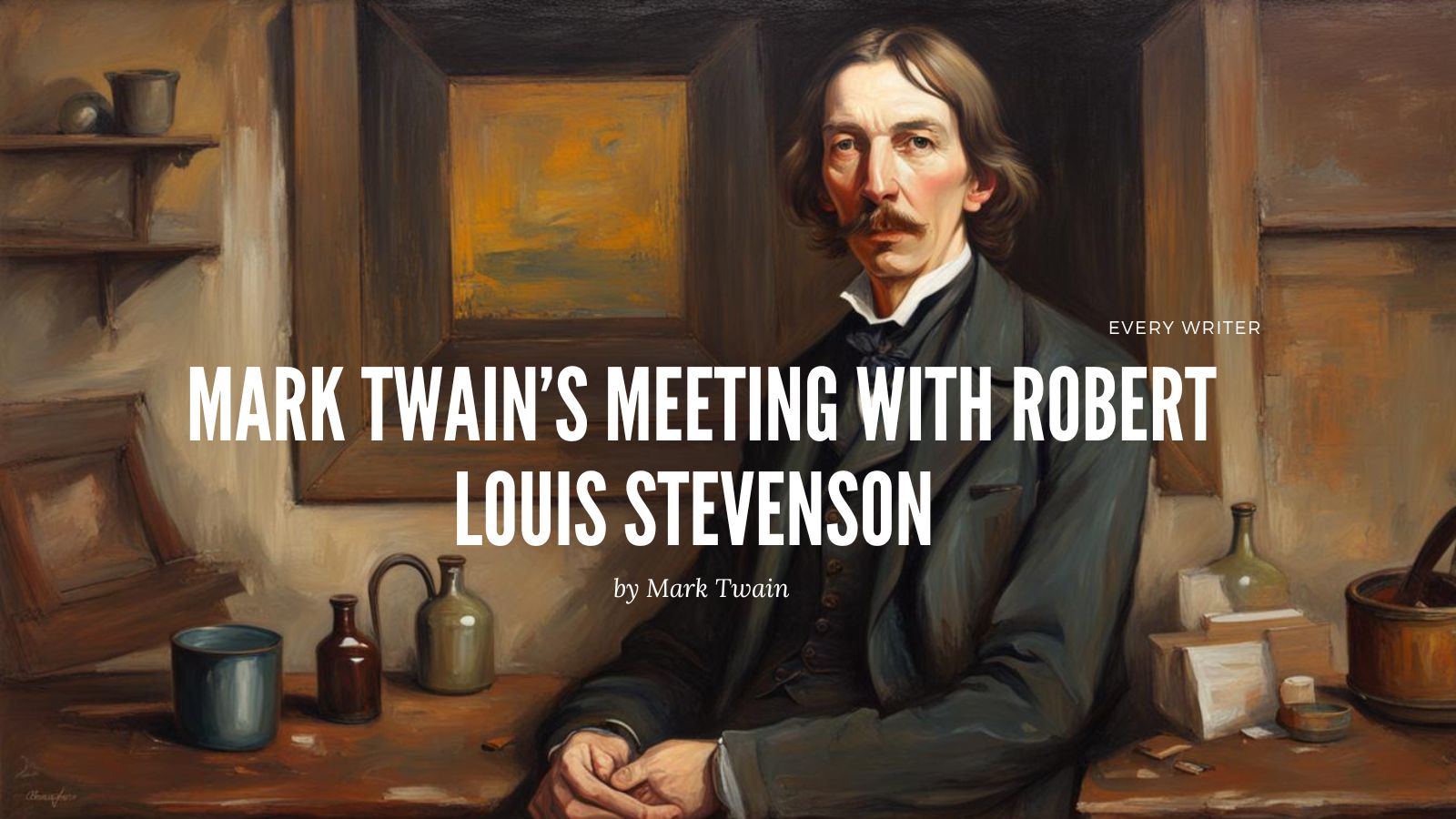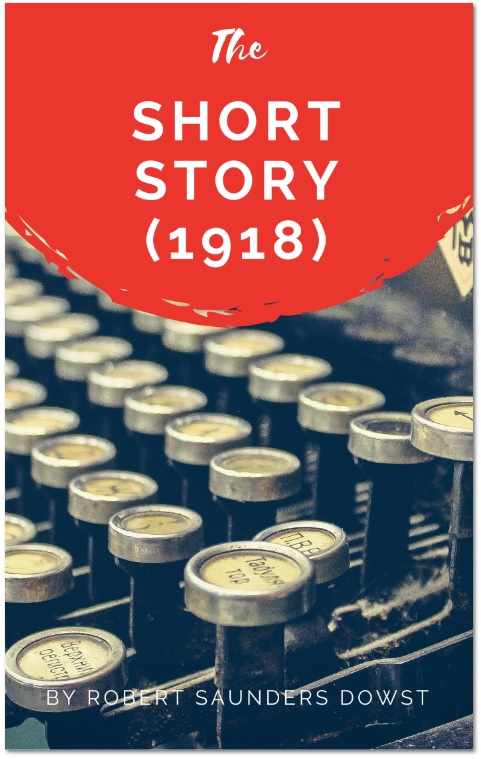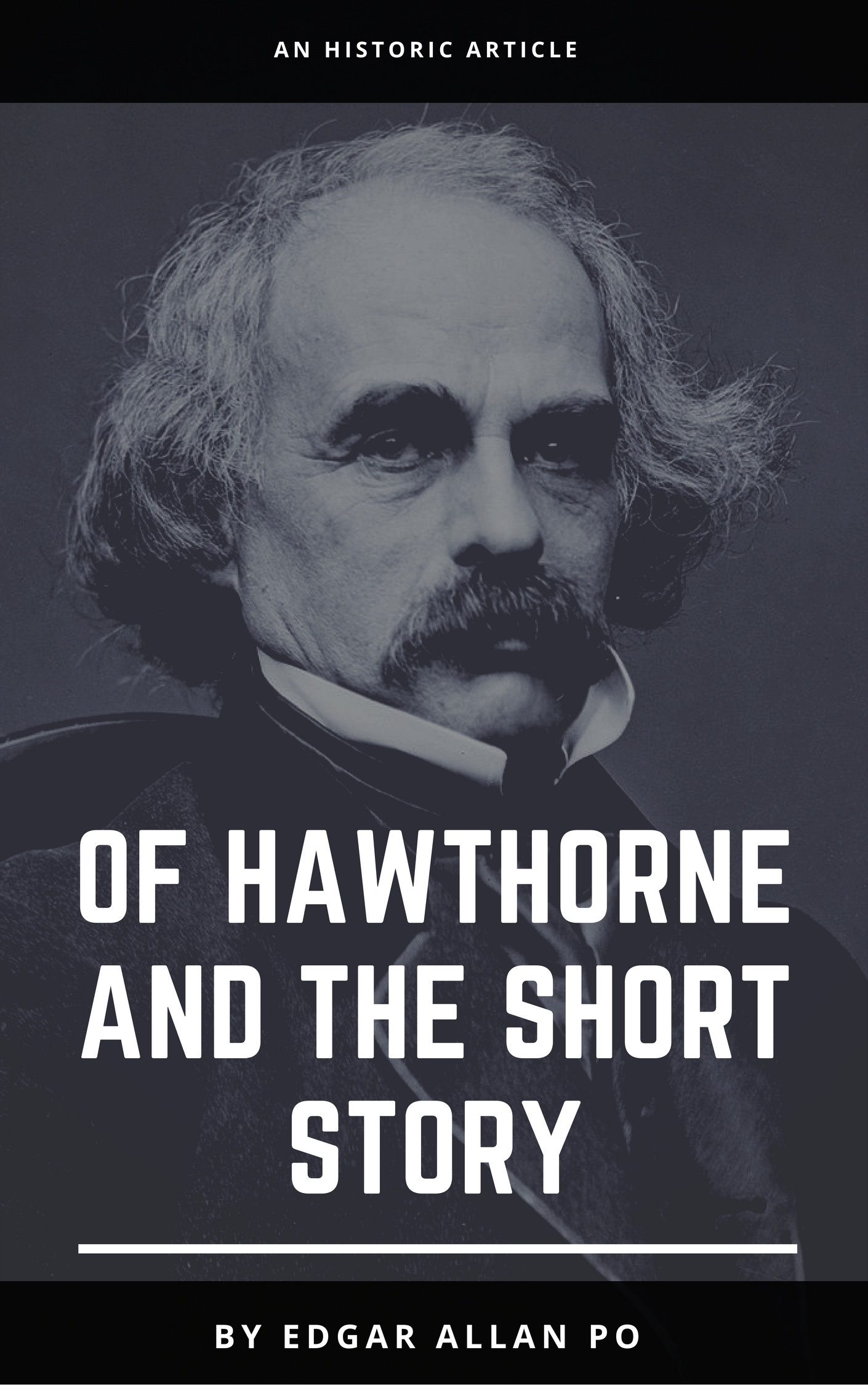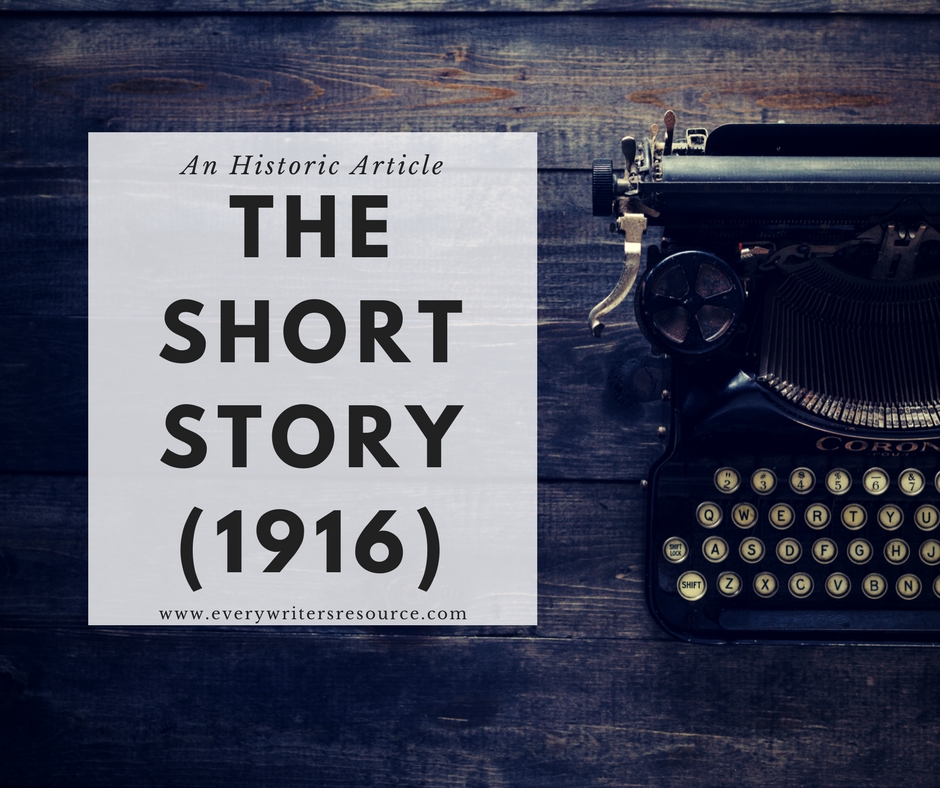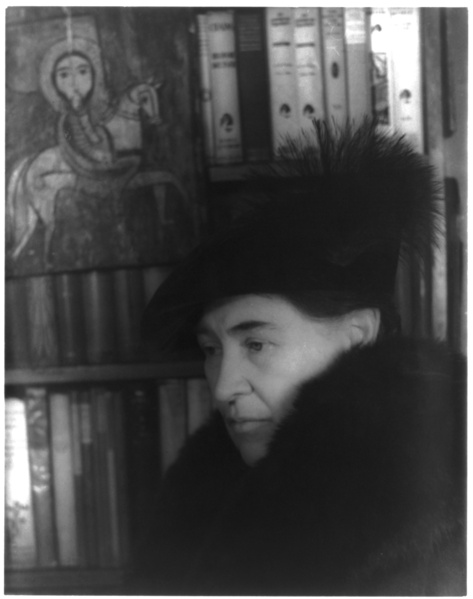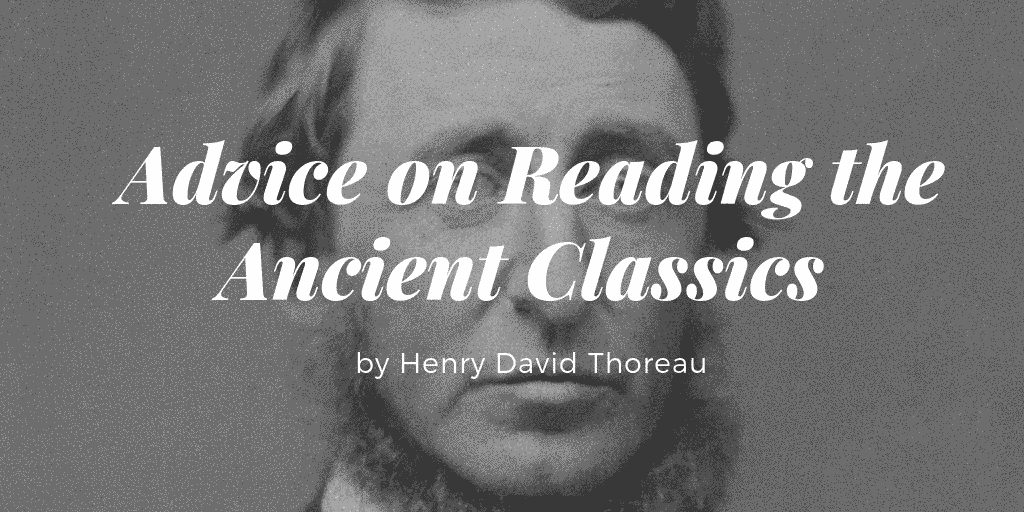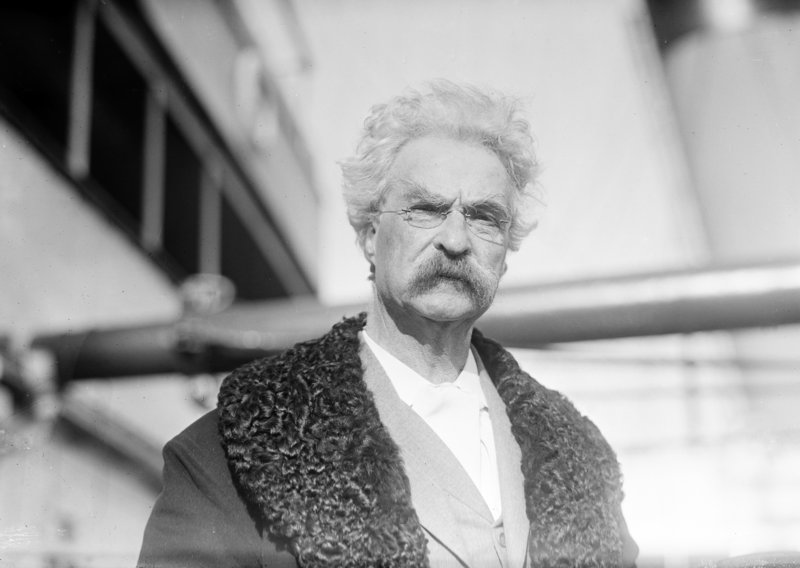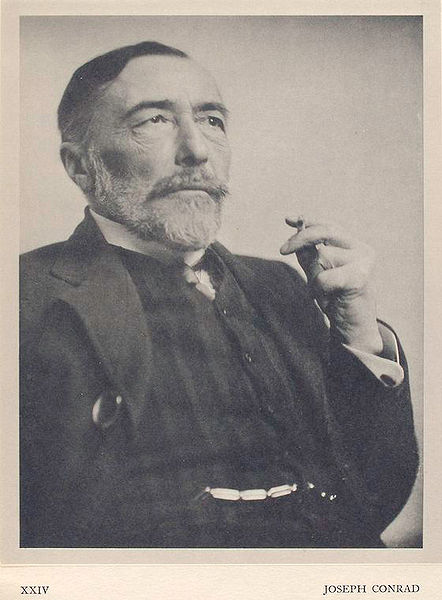On the Decay of the Art of Lying by Mark Twain An Essay for Discussion, read at a meeting of the historical and Antiquarian Club of Hartford, and offered for the Thirty-Dollar Prize. Now First Published [Did not take the prize] Observe, I do not mean to suggest that the custom of lying has suffered…
Historic Articles by Authors
Poetry as a Study by William Wordsworth
With the young of both sexes, Poetry is, like love, a passion; but, for much the greater part of those who have been proud of its power over their minds, a necessity soon arises of breaking the pleasing bondage; or it relaxes of itself;—the thoughts being occupied in domestic cares, or the time engrossed by…
THE POETIC PRINCIPLE by Edgar Allan Poe
Edgar Allan Poe (1809-49) was born in Boston, the child of actors who died while he was very young. He was adopted by a Virginian gentleman, Mr. John Allan,
I Am Not An Animal Expert! by Jack London
I Am Not An Animal Expert! by Jack London This is one of our historical articles from writers that we just had to publish. Jack London, one of our most beloved American writer’s seems to have shared the modern day views of the media. Apparently news people of his day mixed London up with either…
Mark Twain’s Meeting with Robert Louis Stevenson by Mark Twain
But it was on a bench in Washington Square that I saw the most of Louis Stevenson. It was an outing that lasted an hour or more, and was very pleasant and sociable
The Short Story by Robert Saunders Dowst (1918)
A story is a fiction with a plot, as distinguished from a tale, which is a string of incidents that happened to happen to the characters. In the story the events are linked together by the natures of the people concerned; personality influences event and event influences personality
OF HAWTHORNE AND THE SHORT STORY by Edgar Allen Poe
The reputation of the author of “Twice-Told Tales” has been confined, until very lately, to literary society; and I have not been wrong, perhaps, in citing him as the example, par excellence, in this country,
The Short Story
The intro to the book is a classic (the book is too of course), and it is filled with insights into the contemporary authors of that time, Poe, Hawthorne, Stevenson, and the like.
Review of Kate Chopin’s “The Awakening” by Willa Cather
Review of Kate Chopin’s “The Awakening” by Willa Cather A Creole “Bovary” is this little novel of Miss Chopin’s. Not that the heroine is a creole exactly, or that Miss Chopin is a Flaubert—
Advice on Reading the Ancient Classics by Henry David Thoreau
The student may read Homer or Æschylus in the Greek without danger of dissipation or luxuriousness, for it implies that he in some measure emulates their heroes, and consecrates morning hours to their pages. The heroic books, even if printed in the character of our mother tongue, will always be in a language dead to…
On Writing: How To Tell A Story
This is the first in a series of articles we are running On Writing. We thought it would be interesting to let authors from the past do the talking. This is Mark Twain’s words about the Humorous story On Writing. We hope you enjoy it. I do not claim that I can tell a story…
Walt Whitman on the Significance of Edgar Allan Poe
n diagnosing this disease called humanity—to assume for the nonce what seems a chief mood of the personality and writings of my subject
Interview with Mark Twain
This interview is from Hartford Daily Courant from May 30th 1888. Twain would have been 53 years old. He had just finished a new book. SHERIDAN’S MEMOIRS. Mark Twain Has the Book in the Works – The General Completed the Story Two Weeks Ago. AN INTERESTING INTERVIEW. A reporter for THE COURANT found Mark Twain…
How I Met Stephen Crane. By Joseph Conrad
My acquaintance with Stephen Crane was brought about by Mr. Pawling, partner in the publishing firm of Mr. William Heinemann. One day Mr. Pawling said to me: “Stephen Crane has arrived in England. I asked him if there was anybody he wanted to meet and he mentioned two names. One of them was yours.” I…
What does it mean to be a poet? by William Wordsworth
Born in 1770; died in 1850; graduated from Cambridge in 1791; traveled on the Continent in 1790-92; settled at Grasmere in 1799; married Mary Hutchinson in 1802; settled at Rydal Mount in 1813; traveled in Scotland
